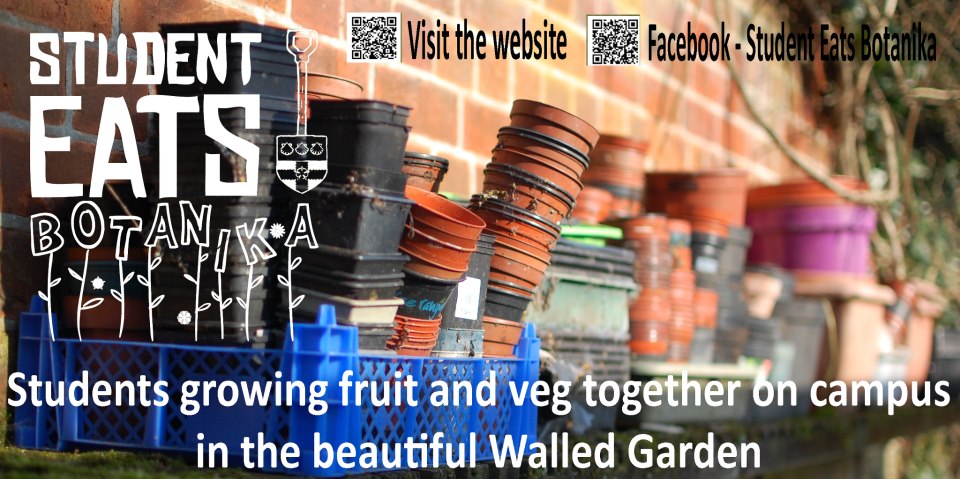I’ve been at Reading University for quite a long time now. Arriving at Reading fresh from my PhD, during which I managed my research data and wrote my thesis using a Sinclair QL (with optional disk drive), I told my new head of department that I really did need a computer for my work. Thankfully the Royal Society start up grants help solved that issue and I bought a Mac IIvx which seemed unimaginably powerful at the time. Most of my colleagues did not see the need for a desktop computer. It seems unimaginable now that anyone can function without not just a computer but also the World Wide Web and other benefits the Internet has brought. Having been branded as someone who likes computers I then got involved in producing the School of Plant Sciences web pages in the mid-1990s, with Rupert Wilson, and later became the School’s e-learning representative trialling the early versions of Blackboard. Organisational change has merged the School of Plant Sciences into a much larger School of Biological Sciences generating new challenges to electronic delivery of information, not just to a handful of students but to groups of several hundred. However, technology moves on and the appearance of open access Web 2.0 technologies has transformed the way I can interact with students and colleagues. One particular frustration with Blackboard was that it could only be accessed by registered students – this meant I had nothing better than email or static web pages to use to get to know new arrivals before they were here and registered. However the arrival and huge spread of Facebook offered me a new tool that seemed to fit many purposes that could be filled by more institutional systems.
In 2009 I joined Facebook and started using it as an educational tool. The first group I joined was set up by one of the MSc Plant Diversity students. She called it ‘We have all the anthers’ and the site was used to exchange data from lab practicals, to post questions and I posted the occasional plant image to test the students abilities to identify plant families.
Since then I have developed a range of open and private groups in Facebook. The single largest group is the public page Plant Diversity where I and colleagues post news on the botanical activities at Reading University and around the world. There are closed groups for Alumni of the MSc in Plant Diversity, for my tutorial groups, BSc project group, fieldcourse module and PhD group as well as the project related page for Catalogue of Life. Each year, in the summer, I set up a new closed group for the incoming MSc student cohort on which staff post reading lists, and both staff and students share introductions and to allow one another to be introduced. AT the same time I offer the current MSc cohort the chance to join the MSc Alumni group where we share job adverts and advice. One Facebook site exists to publicise the Whiteknights Biodiversity blog and was set up by Conor Haugh as part of his BSc honours project. He adjusted the blog settings to generate a Facebook message for each post. The Catalogue of Life blog and Facebook sites are operated by Ryanne Matthias, employed within the i4Life project, who has excellent design skills and frequently berates me for my poor quality photographs 🙂
I’m currently involved in 18 Facebook groups and three pages. Some are very active, generating news every day, others are now quiet and contain a record of a past event. The appearance of the Timeline facility in Facebook has made it easy to move back through records although it still lacks the structure and searchability of a blog. However it is a quick and easy way to communicate short messages but allows more complexity than Twitter. It takes about 10 minutes er day to keep up with activity, longer if I have several posts to write. Facebook does help me organise my work life and keep sets of messages together in relevant groups. The events booking system seems to be one of the most reliable ways to get students to attend meetings and the information on who has seen the message offers a level of monitoring not usually available via email, where messages ‘go’ but there is no report they have been seen. It’s also less prone to spam than most email systems. There are drawbacks in terms of record keeping so any messages that are particularly official in nature always go by email, but often with a Facebook message to say ‘read your email’.
On balance I think Facebook has a lot of positive features to offer the academic providing they don’t get sucked into trivia and irrelevant messages – but then that is also true for email and Twitter 🙂 Used wisely there is a lot to be gained from a good relationship with Facebook.


